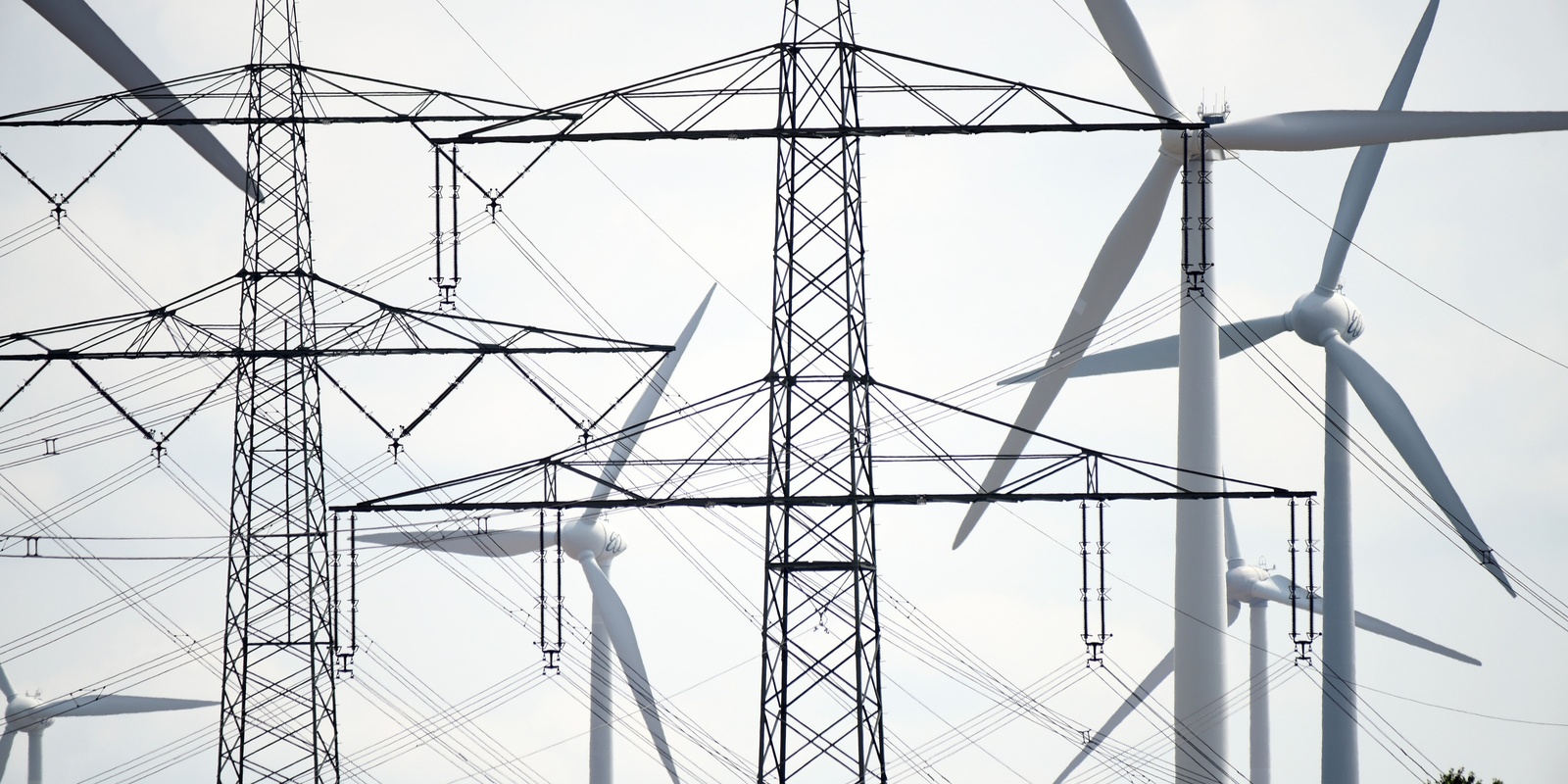Idle wind turbines and switched-off solar systems?
Event description
A Public Lecture in Social Science/Electricity for Fasstival 2024
Idle wind turbines and switched-off solar systems? Challenges for digitizing low-carbon electricity grids
The world is digitising as the need for low-carbon transitions gains urgency. Decarbonising electricity comprises an exit from fossil fuels as well as the introduction of renewable energies. But this decentralization of electricity production – e.g. 400 large wind turbines have the same capacity as large fossil fueled power plant – requires real-time digital coordination of distributed energy production. To keep load and voltage in the grid stable and to guarantee security of supply, smart meters and control boxes are installed and algorithms regulate electricity production and consumption. The digitization is accompanied by significant increases in energy demand, partly compensated through energy efficiency gains. But the digitization of electricity provision also mandates new forms of control and regulation, interference and trust in ever more complex grid systems.
Drawing on social science research on energy and climate with FASS since 2014, Prof Müller sheds light on the socio-technical implications of digitizing electricity systems. Who turns solar panels, wind turbines or bio gas plants on or off remotely? What are rationales behind it? Who wins, who loses?
Prof Katja Müller is visiting FASS at UTS. She has been partner investigator in two large ARC projects based at UTS using ethnography to understand the social relations of energy transition. She is a social anthropologist with research interests in energy and environmental humanities as well as visual anthropology, material culture, museum anthropology, and digital anthropology. Her work includes research in renewable energy and coal mining protests. She has also been analyzing digitization of cultural heritage in India and Europe and investigated colonial photographs and objects from India. As Heisenberg professor for technology, ethics and society at Merseburg University of Applied Sciences in Germany she currently researches how electricity systems are digitised: www.hs-merseburg.de/digitalenergy.
Hosts: The Climate, Environment and Society Research Centre, C-SERC, and the Social and Political Science Discipline at The Faculty of Arts and Social Sciences, University of Technology Sydney.
Pic: Wind turbines and power lines near Kemlitz, Dahme Valley, Brandenburg (permission obtained)
Further Info: james.goodman@uts.edu.au
Tickets for good, not greed Humanitix dedicates 100% of profits from booking fees to charity
